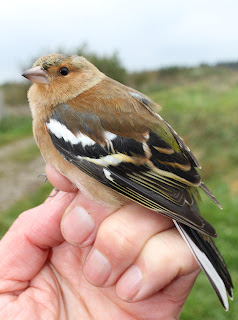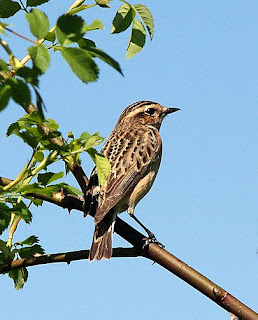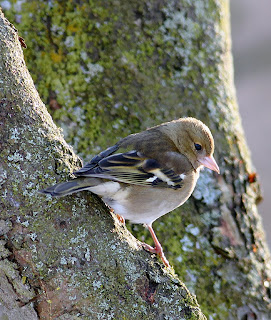It was a very quiet walk to Pilling Water, a blank page in my notebook apart from ever present Kestrel at the entrance to Lane Ends or the loud Chiffchaff calling in the eye level trees.
When I arrived birdless at the sluice gates at least there was a Kingfisher to look at when one sat on the parapet wall, but as usual it saw me before I could lay binoculars on it. Then what brilliant views I got in the early morning light as the bird flew out onto the marsh a little before circling then flying back over the sea wall and around the pool as it looked for somewhere to settle. It got better as a second Kingfisher joined in the pool circuit before they went separate ways, one along Broadfleet towards Pilling village, and the other towards the wildfowler’s pools. Out of the breeding season Kingfishers are solitary animals, defending a feeding territory and only occasionally sharing a location with another bird, so I can only think that in late August these two may be of the same family from this summer or I had just witnessed a territorial battle. Whatever the reason it’s not every day I see two Kingfishers careering round together, it was a cracking start to the morning and fears about a Kingfisher winter wipe-out may be unfounded.
 Kingfisher
Kingfisher Kestrel
KestrelMy meal worms arrived yesterday so this morning’s first task was to find the Wheatears that hung around Lane Ends all this week and catch one or two. Of course now I had the meal worms, no Wheatears. But while everyone likes seeing them as in the first picture below, ringers also think that as well as being nice to look at a highly migratory species like the Wheatear can provide lots of scientific information.
 Wheatear
Wheatear Wheatear
WheatearAfter Kingfishers most things are a bit of an anti-climax so despite a Greenshank, a couple of Little Egrets and a westerly movement of 30 or 40 Swallows, I struggled to find much to look at and headed north.
Along the shore I noticed a lot of Marsh Samphire - “The Poor Man’s Asparagus”, as it is known. I believe that samphire is now a very trendy vegetable that you'll have to pay good money for; in London no doubt. Samphire (or glasswort, as it's also known) isn't really sea-weed, but it grows in the tidal zone, on muddy, sandy flats, often around estuaries and tidal creeks.
Some years ago when Lane Ends was a ringing site, before the combined Wyre Borough and Environment Agency neglect cocked it up, there was an old chap who would come along in the autumn and head off up to Cockerham with a bag to harvest the shore where he said the best samphire was. But of course being an old Pilling sort he wasn’t for saying precisely where he got his free grub from, but there’s certainly plenty to go round at the moment.
 Samphire
SamphireIt was quiet too at Conder Green when I looked from the platform, with 2 Spotted Redshank, 2 Common Sandpiper, 2 Greenshank , 48 Lapwing, 2 Grey Heron, 1 Snipe, 3 Curlew and the Goldfinch flock of 10 or 12 alternating between the thistles and the hawthorns.
The Saturday morning road was getting busier so I sought solitude at Cockersands where I encountered what appeared to be a joint caravan and a dog rally, plus a guy having a wash in the front seat of his caravanette, parading his Y Fronts for all to see. Despite this revolting distraction I set to determinedly with a quick look and count. I watched the tide run in for a while, with 13 Eider, 130 Ringed Plover, 250+ Dunlin, 700+ Oystercatcher, 30 Redshank, 15 Curlew and the highlight, a single Whimbrel.
 Goldfinch
Goldfinch Curlew
CurlewIt was an early finish then but also the end of the ill-timed hosepipe ban and a chance to earn some brownie points with a bit of car washing. And it sure looks better than the other one I saw getting a spruce up.
 Mini
Mini










































































.jpg)












